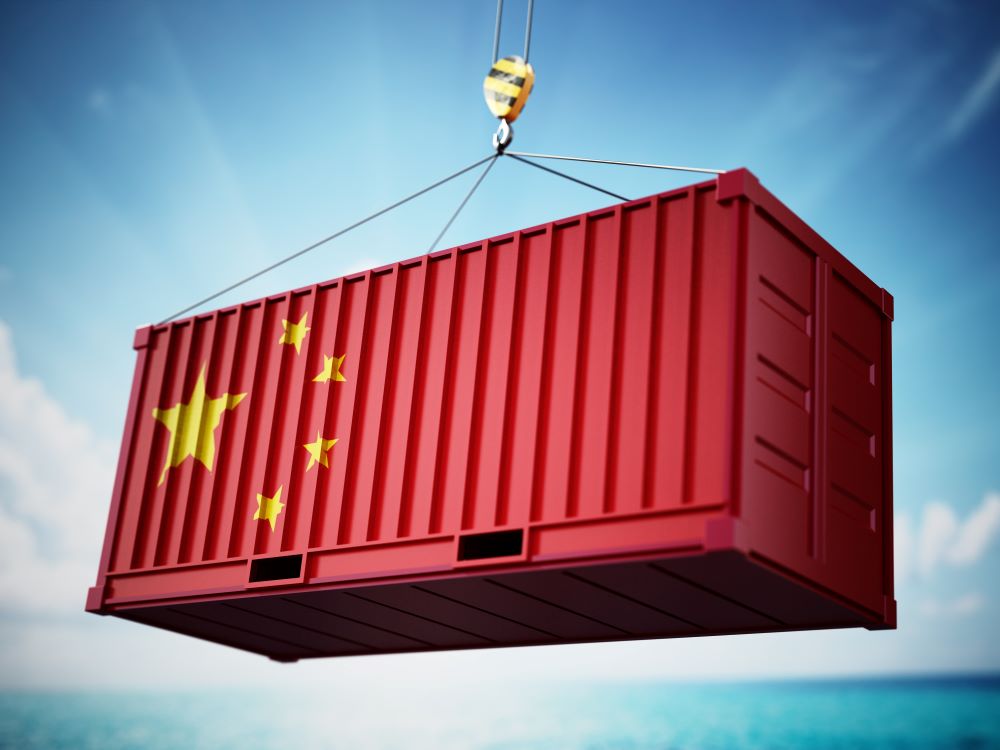
China’s economy grew faster than expected in the last quarter but still faces a Covid drag that is preventing it reaching the country’s target of 5.5% growth.
The Chinese national bureau for statistics reported 3.9% growth in the three months to September, which was better than anticipated by economists who were predicting a rate between 3.2 and 3.3%.
Export growth slows
The IMF has predicted that China will grow by only 3.2% in 2022 – the slowest rate since the eighties, excluding 2020 when it the figure was only 2.4% due to Covid, reports the Guardian.
Exports in September rose 5.7% year on year – the slowest pace of growth since April – and were down from 7.1% in August.
Imports were almost unchanged at 0.3%, shy of the 1% expansion tipped by economists.
End of high growth?
As covered in the IOE&IT Daily Update, the Economist Intelligence Unit (EIU) has predicted that the longer-term picture is of China “no longer being a high growth economy”.
The EIU is forecasting GDP growth below 3% for the country by the end of the decade and EIU global chief economist Simon Baptist said that it was “plausible” that it may never see growth above 6% again.
Zero Covid policy
According to The Independent, repeated shutdowns and uncertainty about business conditions have devastated entrepreneurs who generate China’s new wealth and jobs.
With president Xi Jinping installed for a third term, it is unlikely there will be a change in China’s zero-Covid policy, which has been blamed for slowing growth, reports Reuters.
Chip wars
Meanwhile, the world’s biggest semiconductor producer, Taiwan Semiconductor Manufacturing Co (TSMC), has suspended production of advanced silicon for Chinese start-up Biren Technology following US sanctions, reports Bloomberg.
Last month, the US introduced measures to limit China’s development of technology that may be used to aid its military, and appeared to rule out access to advanced fabrication.
According to Business Insider, there is growing concern that the escalating dispute between the US and China over Taiwan could drag down the global economy, given TSMC’s dominance in production
TSMC makes as much as 90% of advanced chips by some estimates.
The FT reports that Washington is seeking to both cut Beijing off from supplies of key advanced semiconductors and reduce its own dependency on Taiwan for chip supplies by boosting domestic production.



